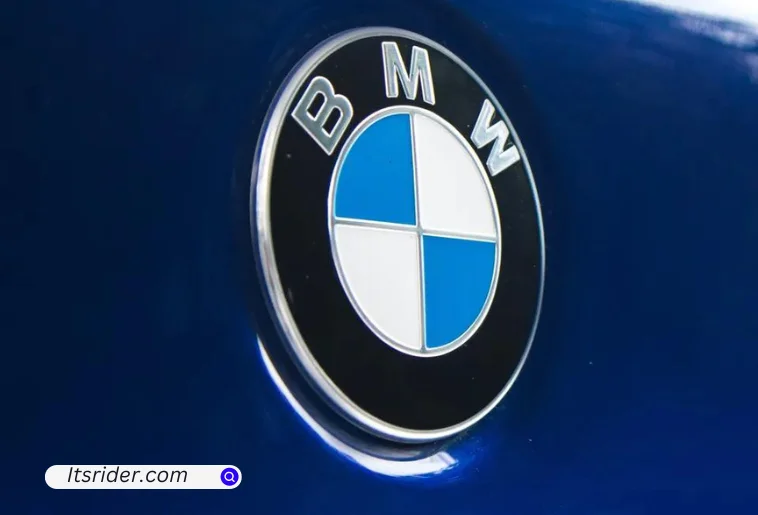Overview of the Recall
BMW has announced a significant recall of approximately 291,000 vehicles due to a potential safety concern involving a component that could detach in the event of a rear-end collision. This recall affects a range of models, highlighting the brand’s commitment to ensuring customer safety and addressing potential defects promptly.
Models Affected
The recall primarily affects several popular BMW models, including various series such as the 3 Series, 5 Series, and X Series. These models span multiple years of production, indicating that the issue may be related to a specific component or assembly process that has been used across different production periods.
The Safety Concern: Part Detachment in Rear Crashes
The central issue prompting the recall involves a part that may become detached if the vehicle is struck from the rear. While BMW has not specified the exact nature of the part, such issues typically involve components that, if detached, could pose a hazard to vehicle occupants or other road users. The detachment of any part in a crash scenario could lead to additional injuries or exacerbate the severity of an accident.
Investigation and Response
BMW’s response to the issue reflects a proactive approach to vehicle safety. The company conducted a thorough investigation, likely involving both internal testing and analysis of real-world data, such as reports from customers or accident statistics. Upon identifying the potential defect, BMW coordinated with regulatory authorities, including the National Highway Traffic Safety Administration (NHTSA) in the United States, to formalize the recall process.
Steps for Affected Vehicle Owners
Owners of the affected BMW models are advised to check whether their vehicle is included in the recall. This can typically be done through BMW’s official website or by contacting a local dealership. BMW will also send direct notifications to owners of the impacted vehicles, outlining the steps needed to rectify the issue.
Free Repairs and Customer Support
BMW has committed to providing a solution at no cost to the vehicle owners. The company will replace or repair the defective part, depending on the specific nature of the issue. This work will be carried out at authorized BMW service centers, where trained technicians will ensure that the repair meets the manufacturer’s safety standards.
Implications for BMW and the Automotive Industry
Impact on Brand Reputation
While recalls are not uncommon in the automotive industry, they can have significant implications for a brand’s reputation. BMW’s swift action in addressing this issue helps mitigate potential negative perceptions. The company’s transparent communication and commitment to customer safety are crucial in maintaining trust.
Regulatory Oversight and Industry Standards
This recall also underscores the role of regulatory bodies in monitoring vehicle safety. The NHTSA and similar organizations worldwide work to ensure that manufacturers adhere to safety standards. Recalls are a part of this regulatory framework, serving as a mechanism to correct issues that could pose a risk to drivers and passengers.
Historical Context: Previous Recalls and Safety Initiatives
BMW, like other major automakers, has a history of recalls, often related to various components or systems. These incidents highlight the complex nature of modern vehicles, which comprise thousands of parts. The company’s approach to addressing these issues involves not just recalling and repairing affected vehicles but also reviewing and improving manufacturing processes to prevent future occurrences.
Consumer Confidence and the Path Forward
For consumers, this recall serves as a reminder of the importance of staying informed about potential safety issues with their vehicles. Regular maintenance and prompt attention to recall notices are essential practices for ensuring long-term vehicle safety and reliability.
Enhancing Vehicle Safety Standards
Moving forward, BMW and other automakers are likely to continue enhancing safety features and standards in response to both regulatory requirements and consumer expectations. Innovations in vehicle design, including advanced crash detection systems and improved materials, play a crucial role in reducing the risks associated with accidents.
Conclusion
BMW’s recall of 291,000 vehicles due to a potential issue with part detachment in rear-end collisions is a significant development, highlighting the ongoing importance of vehicle safety and the industry’s responsibility to address potential defects. For BMW, the recall is a crucial step in maintaining its commitment to quality and customer safety. Vehicle owners affected by the recall are encouraged to take prompt action to ensure their vehicles are inspected and repaired as necessary.
This incident also serves as a broader reminder of the complexities involved in automotive manufacturing and the critical role of regulatory oversight in maintaining safety standards. As the industry continues to evolve, both manufacturers and regulators will play essential roles in ensuring that vehicles on the road meet the highest safety standards.
Read More: Trump vs. Harris 2024: Latest Polls Show a Tight Race Post-Biden Exit
